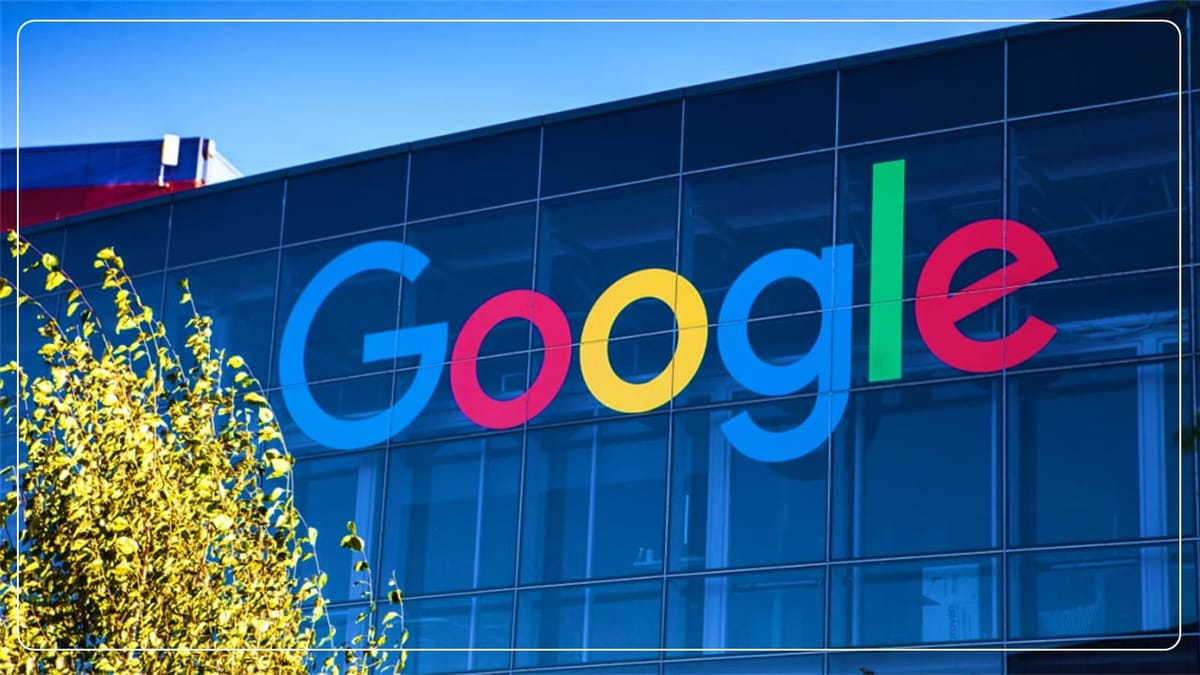Reetu | Sep 26, 2023 |

NCLAT seeks responses in Google-CCI Matter
The National Company Law Appellate Tribunal (NCLAT) sought responses from Google and the Competition Commission of India (CCI) on Monday in response to Google’s petition challenging the Rs.936.44 crore penalty.
Google was fined by the CCI for allegedly abusing its dominant position in the app store market ecosystem. The NCLAT postponed the hearing until November 28.
Earlier this year, in January, the NCLAT denied Google interim relief in this case and rejected its challenge to the penalty. Google then appealed to the Supreme Court, but withdrew the appeal in April, preferring to continue the case in the NCLAT.
In addition to imposing a Rs.936.44 crore fine, the CCI ordered Google not to engage in anti-competitive behaviour and required the inclusion of third-party billing and payment processing services for in-app purchases. In addition, Google was told not to discriminate against any third-party app or payment processing service.
CCI stated that “If the app developers do not obey the Google’s policy of using Google Play Store, they are not permitted to list their apps on the Play Store and thus, would lose out on the vast pool of potential customers in the form of Android users.”
Making access to the Play Store contingent on mandatory use of the Google Play Billing System (GPBS) for paid apps and in-app purchases, according to the commission, is one-sided, arbitrary, and devoid of any legitimate business interest. In its ruling, the commission also stated that app developers are deprived of the inherent right to use a payment processor of their choice from the open market.
Google, on the other hand, claimed that predatory apps expose users to financial fraud, data theft, and other internet-related risks from both India and other countries. Google is responsible for the apps available on the Play Store, including malware scanning and compliance with local laws. According to Google, the same level of scrutiny may not be applied to apps sideloaded from other sources.
Google has expressed concern about the existence of numerous Android versions, colloquially known as ‘forks,’ claiming that this practise jeopardises the consistent and predictable ecosystem that has benefited users and developers for more than 15 years.
Google claims that these forks will be unable to support Google’s own security and user safety features. As a result, according to Google, original equipment manufacturers (OEMs) may end up bearing the financial burden, potentially resulting in higher costs for them and, as a result, more expensive devices for Indian consumers.
It’s worth noting that the CCI fined Google twice for anti-competitive behaviour, with the second fine totaling Rs. 1,337.76 crore. The NCLAT later upheld Google’s Rs.1,333.76 crore penalty, which was also upheld by the Supreme Court earlier this year.
In case of any Doubt regarding Membership you can mail us at contact@studycafe.in
Join Studycafe's WhatsApp Group or Telegram Channel for Latest Updates on Government Job, Sarkari Naukri, Private Jobs, Income Tax, GST, Companies Act, Judgements and CA, CS, ICWA, and MUCH MORE!"